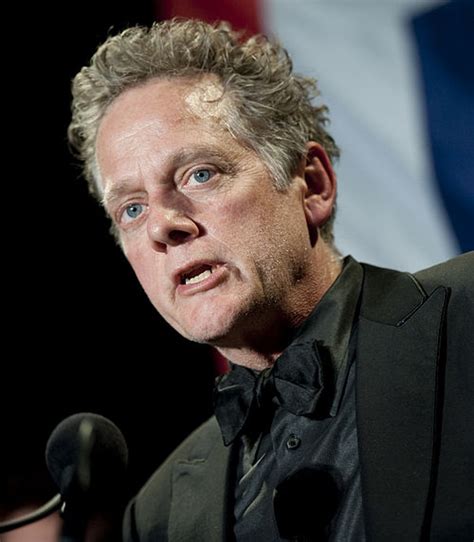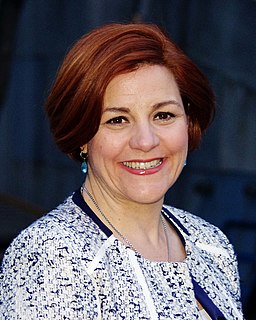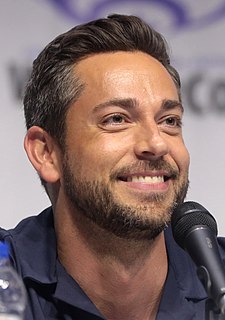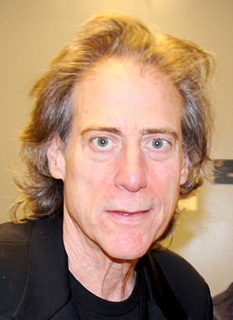A Quote by Shelby Harris
Well, the actual function of the brain, not so sure yet. There's a lot of different theories about it, but when you talk about psychologically in your brain, a lot of people with insomnia, though not all, report that they can't turn their minds off.
Related Quotes
Even though, theoretically, being a composer and being a songwriter are the same thing, in my brain, they are completely different. When I am in my composing mode, I go into my studio and turn that part of my brain on like a faucet. And when I finish, I turn it off. But with songwriting, that process is much more elusive.
Most of our brain cells are glial cells, once thought to be mere support cells, but now understood as having a critical role in brain function. Glial cells in the human brain are markedly different from glial cells in other brains, suggesting that they may be important in the evolution of brain function.
Insomnia is a variant of Tourette's--the waking brain races, sampling the world after the world has turned away, touching it everywhere, refusing to settle, to join the collective nod. The insomniac brain is a sort of conspiracy theorist as well, believing too much in its own paranoiac importance--as though if it were to blink, then doze, the world might be overrun by some encroaching calamity, which its obsessive musings are somehow fending off.
There are a lot of people who consider themselves 'spiritual,' but that can mean a lot of things to a lot of people. I don't really talk about it that often, because there's too much talk in the world. Especially with Christians, there's more proselytizing than there is actual living proof of it. That's kind of sad.
In my own life, I found that whenever I wasn't sure what to do next, I would go and learn a lot, read a lot, talk to experts. I don't know how the human brain works, but it's almost magical: when you read enough or talk to enough experts, when you have enough inputs, new ideas start appearing. This seems to happen for a lot of people that I know.
Neuroscientists talk a lot about brain circuits. In fact, the word 'circuit' is probably misleading. We do not know where most circuits begin and end. And unlike an electrical circuit, brain connections are heavily reciprocal and recursive, so that a direction of information flow can be inferred but sometimes not proven.
Most brain scientists have not taught 4th grade, and don't know very much about the classroom, even though they might study learning in some detail. Most education professionals, who often know a tremendous amount about the classroom, don't know much about the brain. That is one of the reasons why I am so skeptical about applying brain findings to the classroom.



































